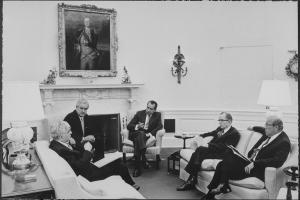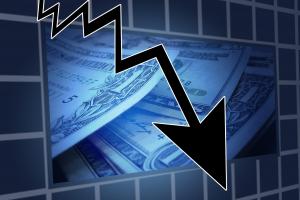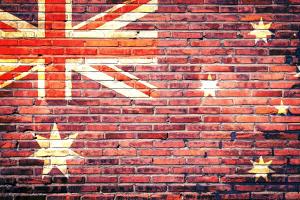Pulse: Australia & New Zealand
No Quiet Monument: EconVue Spotlight
Last weekend I drove through the Skokie Lagoons, just north of Chicago. They are both beautiful and manmade, created literally from the sweat of the Great Depression. Four million cubic tons of soil were removed to form a series of lagoons from the existing marshlands. It was one of the largest public works projects of FDR's Civilian Conservation Corps, employing thousands of men, including three African-American construction companies. Started in 1933, the project took until the beginning of the US entry into World War II in 1941 to complete.
Are We There Yet? EconVue Spotlight - June 2020
Yesterday Peter Navarro declared that the US-China trade deal was dead in the water, which his boss quickly walked back on Twitter. In a world of global threats, should bilateral disputes remain our focus, or are we wasting precious time? As I wrote for the G7 Research Group:
The Global Financial Crisis – A Decade On
Originally published by FIIG’s The Wire blog.
When Lehman Brothers filed for bankruptcy on Monday 15 September 2008, I was in what would turn out to be my last year as Chief Economist at ANZ Bank (not that I knew it then – I didn’t decide to leave until almost exactly three months later, and then took another seven months to put that decision into effect).
FinTech Marketing
International FinTech startups are looking to the United States as a vast consumer and business market for their applications and services. Despite the difficulties posed by a dual regulatory system, in which multiple federal regulators join agencies in all 50 states, the wealth and size of the market beckons.
EconVue Spotlight | Is the Global Financial Crisis Finally Over?
What a week it was! Equity markets and cryptocurrencies, both of which appeared to defy the laws of gravity, and the US dollar took a dive. However, the story of synchronized global growth does not seem to have changed. Have we finally escaped the long dark shadow cast in 2008? Renowned Japanese economy expert Takatoshi Ito thinks that things are changing at the Bank of Japan, the institution that invented and led the world in quantitative easing. This could be a signal of things to come in a new global monetary policy environment.
What to Watch for in 2018
Here are ten things that I think will shape the global and Australian economies in 2018, and that expect I’ll be talking about at conferences and events over the course of the coming year.
1: Central banks
The era of ultra-cheap money, which began during the global financial crisis, is drawing to a close. Already, the US Federal Reserve has raised its key policy interest rate target four times since the end of 2015, and has begun to wind back its bloated balance sheet (something which will take a very long time to complete).
Outlook for the Australian Economy against a Global Economic Backdrop
Here is my PowerPoint presentation to the ACTE-CAPA (Association of Corporate Travel Executives – Centre for Asia-Pacific Aviation) Conference, which was held in Sydney on 29th November 2017.


 by
by 




 by
by 
 by
by 


